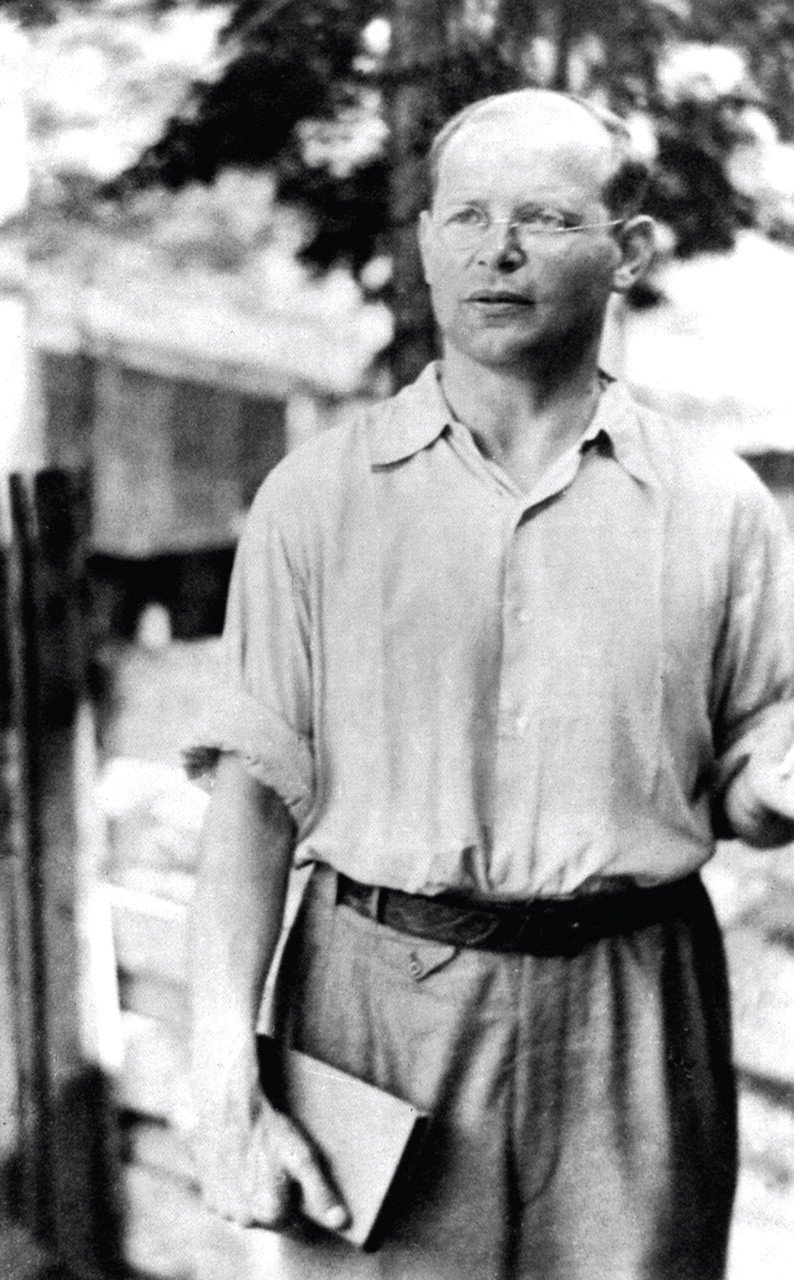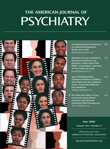The theologian
Dietrich Bonhoeffer was Karl Bonhoeffer’s sixth of eight children with Paula Bonhoeffer. He studied Lutheran theology in Tübingen, Rome, and Berlin. After 2 years as a curate in Barcelona, he spent 1 year at the Union Theological Seminary in New York City. In 1931 he was ordained in Berlin
(1) . Supported by his parents, Dietrich Bonhoeffer became an outstanding theologian working on church models, Christology, and ethics. He later became an outspoken opponent of the Nazi regime led by Adolf Hitler.
Dietrich Bonhoeffer wrote in his (unfinished) book
Ethics that forced sterilization entails the risk of a growing contempt for the inviolability of life, which would ultimately result in complete arbitrariness
(2) . Together with Martin Niemöller, Karl Barth, and others, Dietrich Bonhoeffer contributed to the early stages of the struggles within the church, during the course of which the Confessing Church was established, the major source of Christian opposition to the Nazi dictatorship in Germany at the time. At ecumenical conferences in Sofia, Bulgaria (1933), and Fanoe, Denmark (1934), he tried to raise awareness of the events in Germany and called for peace. From 1933 to 1935, he was pastor of two German-speaking Protestant congregations in London: St. Paul’s and Sydenham. In 1935 he returned to Germany to assist in the formation of a seminary for pastors on behalf of the Confessing Church. In 1937 the seminary was closed by the Gestapo. In spite of this, he continued teaching until 1940. Following a denunciation by the Reich Security Main Office, he was banned from public speaking in August of the same year
(3) .
Upon revisiting the Union Theological Seminary in the summer of 1939, he abandoned the option to accept an academic position in the United States and returned to Germany a few days before the start of World War II. Fully aware of the upcoming hardships, he felt an obligation to stay in order to be a legitimate protagonist in the remodeling of Germany after the war, stating “I shall have no right to take part in the restoration of Christian life in Germany after the war unless I share the trials of this time with my people”
(1) . By 1939 he had already gained contacts in a secret group of high-ranking military officers organized chiefly in the
Abwehr (the intelligence organization of the army), who had developed plans to overthrow the Nazi regime by assassinating Adolf Hitler. By autumn of 1940, Dietrich Bonhoeffer had joined the
Abwehr conspirators. He engaged in several diplomatic missions to Switzerland, Sweden, and Norway in an effort to communicate the existence of German resistance within the Nazi state and to explore other governments’ attitudes toward establishing a hypothetical interim government in Germany.
In April 1943, Dietrich Bonhoeffer was arrested by the Gestapo after money used to help people persecuted for their Jewish origins escape to Switzerland was traced to him
(1) . In the aftermath of the unsuccessful July 20 plot of 1944 to assassinate Adolf Hitler and the discovery of the notes of Admiral Wilhelm Canaris, a leading figure in the resistance, Adolf Hitler ordered the execution of all living “conspirators” on April 5, 1945. Together with his brother-in-law, Hans von Dohnányi, Admiral Canaris, Hans Oster, Karl Sack, and Ludwig Gehre, Dietrich Bonhoeffer was executed by hanging on April 9, 1945—3 weeks before allied forces liberated the city of Berlin
(1) .
Today Dietrich Bonhoeffer is commemorated as a theologian and martyr on April 9 by the Evangelical Lutheran Church, the Church of England, and the Church of Wales. His likeness appears in a statue at Westminster Abbey. His works still influence Christians and activists throughout the world.


